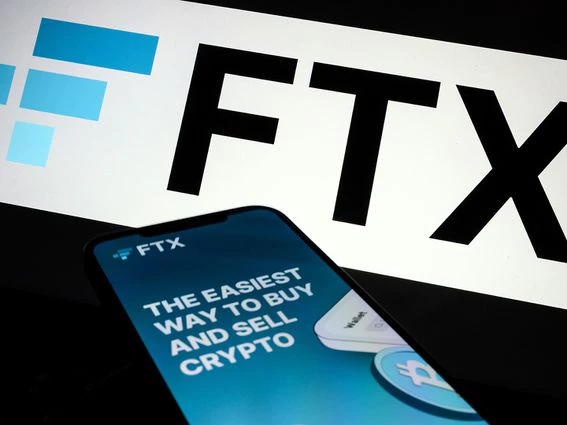This is from The Wall Street Journal last week:
FTX suffered a “complete failure of corporate controls” that culminated in an “unprecedented debacle,” its new chief executive officer said Thursday.
John J. Ray, who has helped oversee some of the biggest bankruptcies ever, including Enron’s, said in a filing to federal bankruptcy court that he has never seen anything as bad in 40 years of restructuring firms.
…
“Never in my career have I seen such a complete failure of corporate controls and such a complete absence of trustworthy financial information as occurred here,” Mr. Ray said in the filing. “From compromised systems integrity and faulty regulatory oversight abroad, to the concentration of control in the hands of a very small group of inexperienced, unsophisticated and potentially compromised individuals, this situation is unprecedented.”
I do not want to give the impression of condoning Sam Bankman-Fried. But nor am I willing to play the game of condemnation of Sam Bankman-Fried.
First, because we must learn all the facts before passing judgment. We are a prejudiced people by nature. We make definitive prejudgments with few facts (often without any). We believe because we choose to believe.
Things are true because we say they are. We cite anything and everything that confirms our beliefs. We ignore, attack, demonize, and delegitimize anything, everything, anybody, and everybody who presents information contrary to our beliefs. We do not search for truth. We do not care about truth. We are not fair. We are not just.
We are petty, vain people who want to be right. I am right. You are wrong. I am good. You are evil. I am a patriot. You are a traitor. I want to make America great again. You want to destroy America.
We seem to be so sure about the motives of everyone.
It is easy to tell a fair person from an unreasonable person. A fair person acts like a jury. They make no judgments until they hear all the facts. Not hearsay, but evidence. And they hear both side’s closing arguments. They listen to everything, then deliberate. Justice requires deliberation. The court’s role is to enable all relevant facts to get heard by the jurors so they can make an informed judgment. A system of checks and balances. It’s imperfect, but fair by design.
What John Ray has opined is that FTX represents a systemic failure. But a systemic failure is a systemic problem, a design flaw. It is not the responsibility or fault of only one person. Instead it represents a fragile design likely to fail because it does not incorporate appropriate checks and balances, not unlike our constitutional republic.
A good system design has no single point of failure. It is decentralized, robust, and is not fragile. On the other hand, a centralized system with a single point of failure is, by definition, fragile and totalitarian. It is dictatorial, it is tyrannical, hegemonic. Success or failure would depend on the performance of a single individual or very small group of individuals acting in concert and apparently accountable to no one.
It seems that all those who have written checks to FTX or advertised or promoted FTX and received compensation or shares for either investing in or promoting FTX contributed credibility to a fragile, opaque, centralized entity satisfied to have neither governance rights, knowledge, or accountability.
An immature and stupid person looks to find a scapegoat. They believe one person’s guilt can absolve everyone else of responsibility. They refuse to look at the bigger picture and see that a defective design with a single point of failure is not a positive attribute.
Who enabled FTX? We’re at the beginning of the discovery process and will hopefully learn more.
If you were an investor in a fund where you paid huge fees, what due diligence would you expect from the fund? Would it be acceptable to you that the fund ignored governance? What is their due diligence checklist?
And if an influencer, a celebrity, a personality accepts what is most likely significant compensation to monetize their brand, what responsibility of due diligence do you think they should perform before taking compensation and using their significant brand value and influence to seduce and induce you? And how much responsibility do we as individuals have? What is our due diligence checklist? How do we make decisions? How do we make judgments?
Centralization is a fragile system design. People who choose or accept a centralized system are abrogating their responsibilities and allocating them to a “savior.”
Decentralized systems are robust and anti-fragile. Participants are people who acknowledge themselves as sovereign individuals, assume and retain personal responsibility, and when things go wrong accept blame and learn from their mistakes. Because of the system’s design, those mistakes do not become systemic problems. Instead the system rapidly learns and adapts.
The lesson that should not be learned from the FTX fiasco is whether Sam Bankman-Fried was a bad actor or not. The lesson we must learn is that bad actors can only cause significant damage in a centralized system. As long as people voluntarily accept and enable a fragile, totalitarian system, we must all be acknowledged as culpable.
The problem was not Sam Bankman-Fried or FTX. The problem is centralization. And the solution is decentralization.







